RIO DE JANEIRO, BRAZIL – From Albert Einstein, through Benjamin Franklin and Theodore Roosevelt, the world is filled with established and anonymous names who claim that mistakes are a natural part of the learning and growth process.
There is no need to resort to any consecrated name, however, to know that better than learning from your mistakes is to be able to understand and avoid the mistakes made by others.
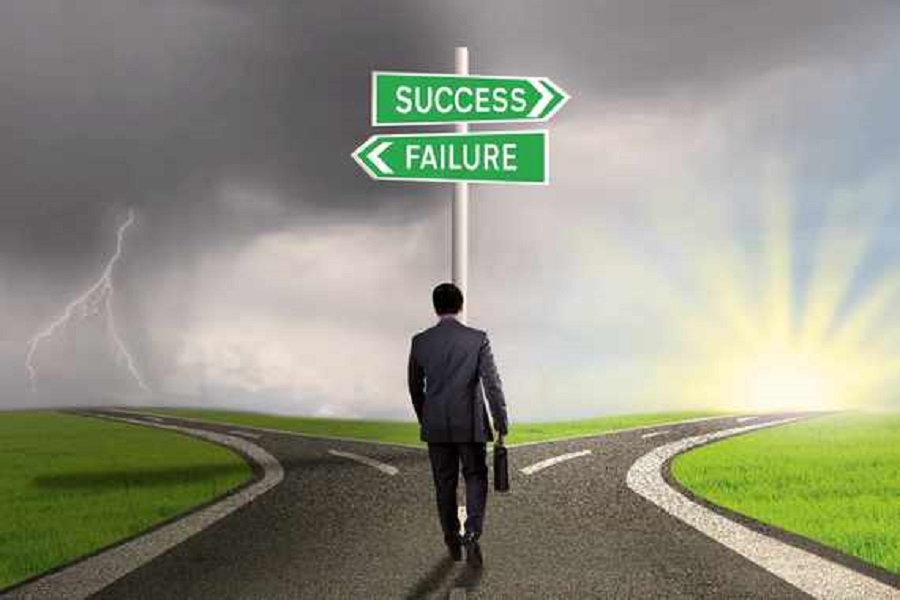
Based on more than 40 hours of interviews in the podcast ‘Do Zero ao Topo’, InfoMoney listed the six greatest mistakes made by major Brazilian entrepreneurs during the building of their companies.
The podcast, which interviews the top names of Brazilian companies, closed its first season with 30 episodes that can be heard on the Apple Podcasts, Spotify, Deezer, Spreaker, Google Podcast, Castbox, and other podcast aggregators.
1 – Looking after everything by yourself
When the company is in its early years it is common for entrepreneurs to seek to centralize all business decisions, but as the years go by, delegating tasks and decisions can become a major challenge.
The success of XP Investimentos between 2002 – the year of its foundation – until 2009 was largely due to the execution capacity of its founder, entrepreneur Guilherme Benchimol. “I took care of the smallest details, I did everything. That helped the company to grow,” he says.
In 2009, however, the company had around 100 employees and managing every detail became more and more difficult. “I was good at execution and couldn’t delegate,” he says.
The result was 16 hours of work per day, seven days a week. “Nobody teaches you about this stage and the need for entrepreneurs to reinvent themselves. I had to realize on my own that if I didn’t change, the company would stop or I would have a heart attack,” he says.
Benchimol had to learn how to delegate. This change was essential to bring XP Inc to its present moment. “One needs to be humble and recognize that what has brought you here is not always what will take you to a higher level,” he says.
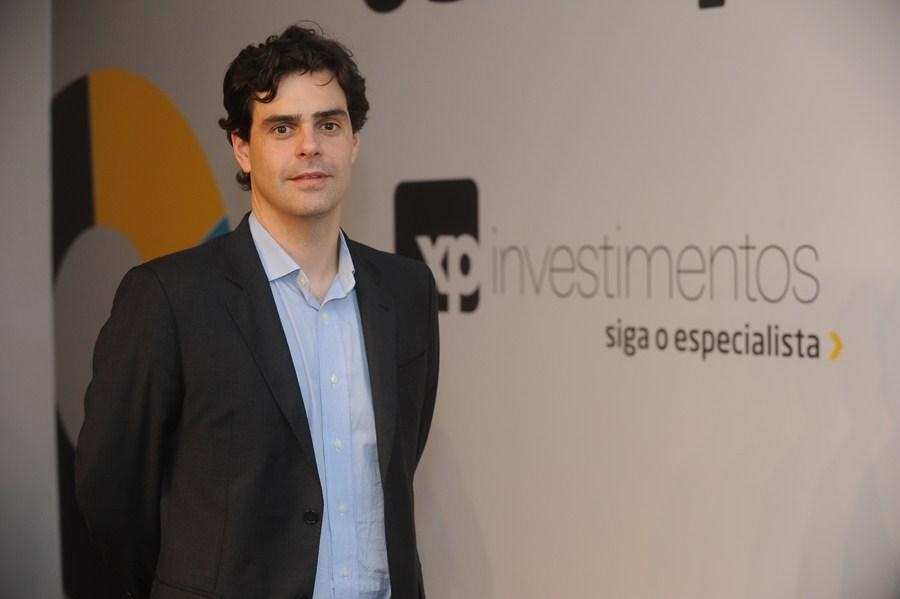
2 – Thinking more about the product than the client
When Edgar Corona opened his first gym in 1995, he wanted to set up something different from what was around, he wanted to create something innovative. One of the first things he did was hire a renowned architect to build that innovation. The result was a tremendous failure.
Inspired by a German model, the architect built a gym with fully open showers and a number of features that failed to meet what his Brazilian client wanted. “The business was a failure, we should have thrown a bomb in there and ended it all,” says Edgar.
Corona was right to want to innovate in this sector, but there was one essential factor missing to achieve success: customer focus. The entrepreneur decided to start over, this time thinking about innovations that would solve his clients’ problems.
This is when he founded the Bio Ritmo gym and later the Smart Fit network in 2009. With modern equipment, well-located addresses and affordable prices (from R$69.9, US$17.8) the network soon became the concept of low-cost gyms in the country.
Today, the 2.52 million students of the Smart Fit group keep their 739 facilities full, spread over ten countries.
“What I found out is that profit is the consequence of an engaged team and a satisfied customer,” he says.
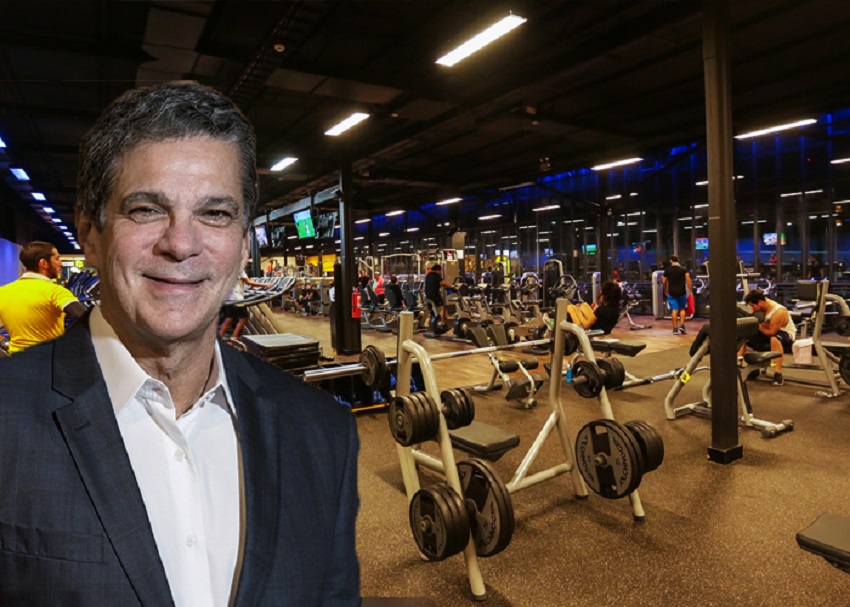
3 – Believing that you have acquired all the necessary knowledge
Guilherme Benchimol, the founder of XP, says that for a company to keep evolving it is important that entrepreneurs reinvent themselves and constantly evolve.
Sérgio Zimerman, the founder of what is today the largest pet shop network in the country, Petz, learned this lesson in the worst possible way: by crashing his company.
Before setting up Petz, Zirmerman had a children’s party entertainment company, then a winery, a store, and a large wholesale network. All of these businesses were successful thanks to what Zimerman defines as “cradle knowledge,” since he was born and raised by a father who had always worked in commerce.
In 2001 his wholesale network employed over 600 people and had monthly sales of R$15 million, all of which without him having any course in administration. “I thought I knew everything and could solve any adversity because that had always been the case”, he says.
The poor management of cash flow along with a currency crisis led the wholesale network into the pit. Instead of looking for culprits, Zimerman decided he would understand how he could better himself and take his next venture further.
He then decided to study management, took an MBA in retail and extended courses in the United States and Europe. “It was the combination of cradle knowledge with what I learned from the studies that resulted in the foundation of Petz,” he says.
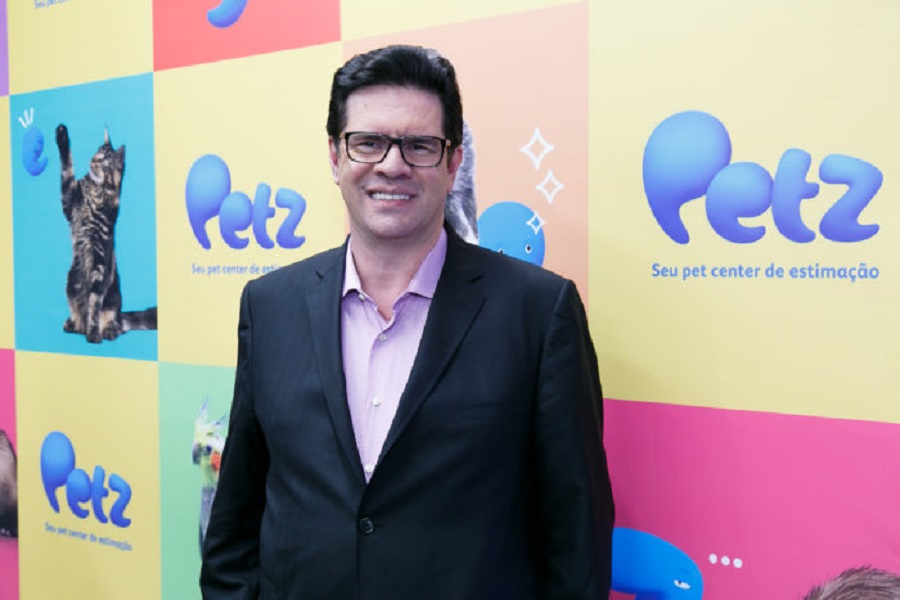
4 – Investing in small or not very fragmented markets
Gustavo Caetano is one of the pioneers of the Brazilian startups’ scenario. He founded Samba Tech, today one of the largest video platforms in Latin America, in 2004. A decade later he won innovation awards around the world by publications such as Fast Company, Forbes and was even recognized by MIT (the Massachusetts Institute of Technology).
Despite all the recognition, Caetano says he made a big mistake in the company’s early years: focusing on niche segments with few customers.
When he developed the video platform, the entrepreneur first focused on selling it to the media segment. “The trouble is that in that market there were four or five large companies, then there were no more customers. Then we turned to the education sector, which also has few companies able to afford a platform like ours,” says Caetano.
It took him a while to find a market that would bring him greater scope: courses within companies.
The focus on small markets was also a mistake made by Federico Vega, founder of the CargoX logistics startup. Before conquering the Brazilian market and reaching the annual turnover of R$500 million, Vega tried to set up the same platform in Chile and Argentina.
“We wanted to connect truckers with companies that need freight, but there weren’t enough truckers to build a market,” Vega says.
It was only by focusing on Brazil that Vega’s concept worked. In addition to the high turnover, today the company has already raised more than US$95 million with investors such as Valor Capital, Blackstone and Soros Fund, from mega-investor George Soros, and engineer Oscar Salazar, co-founder of Uber.

5 – Insisting on a failed project for too long
Cláudio Galeazzi has become a renowned professional for rescuing and improving the efficiency of some of the country’s largest companies, such as the Mococa dairy group, retailer Lojas Americanas, and the Pão de Açúcar Group.
But long before that, he had to deal with the break-up of his first company.
Armaq, founded in 1975 and focused on the rental of drilling equipment, went from zero to US$11 million in revenues in only one and a half years. Shortly thereafter, however, by refusing to engage in a corruption scheme, Galeazzi saw his company languish until it went bankrupt.
“I should have stopped long before and sold the equipment, but I insisted on a wrong idea and had to file for bankruptcy. It was a very painful experience at the time,” he explains.
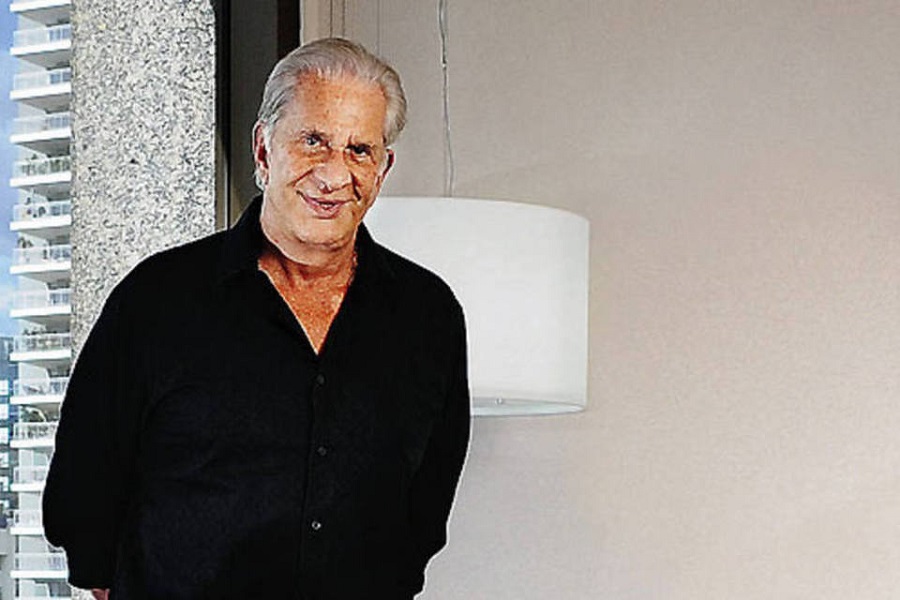
6 – Not trusting your teams
One of the main points that turned Galeazzi’s story from an unsuccessful entrepreneur to one of the country’s leading business names was his ability to rely on teams to solve companies’ problems.
“I never entered a company that needed to be restructured by dictating rules or bringing in innovations from elsewhere. What I always did was listen to those inside. I was very successful due to that,” Galeazzi says.
Daniel Mendez, the founder of the food company Sapore, almost bankrupted the company by not trusting its employees to make decisions. “I was arrogant, I thought I always had to provide all the answers and I didn’t let other people interfere in decision-making,” he says.
After the severe crisis the company faced in 2008, Mendez learned his lesson and built teams engaged and focused on solving different types of problems within the company. Today, Sapore is one of the three largest companies in the corporate food sector in Brazil.
The company had a turnover of R$1.7 billion last year and serves more than 1,250 restaurants.
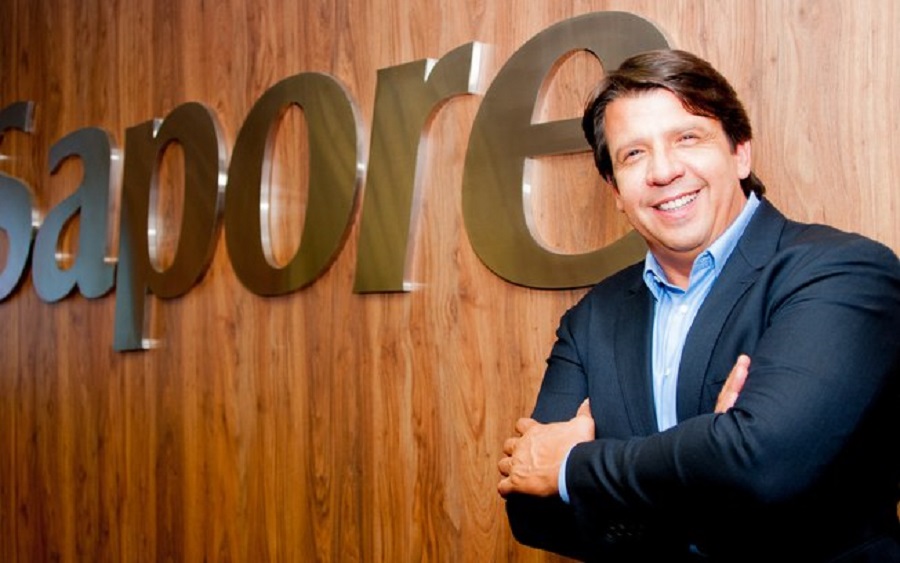
Source: Infomoney

